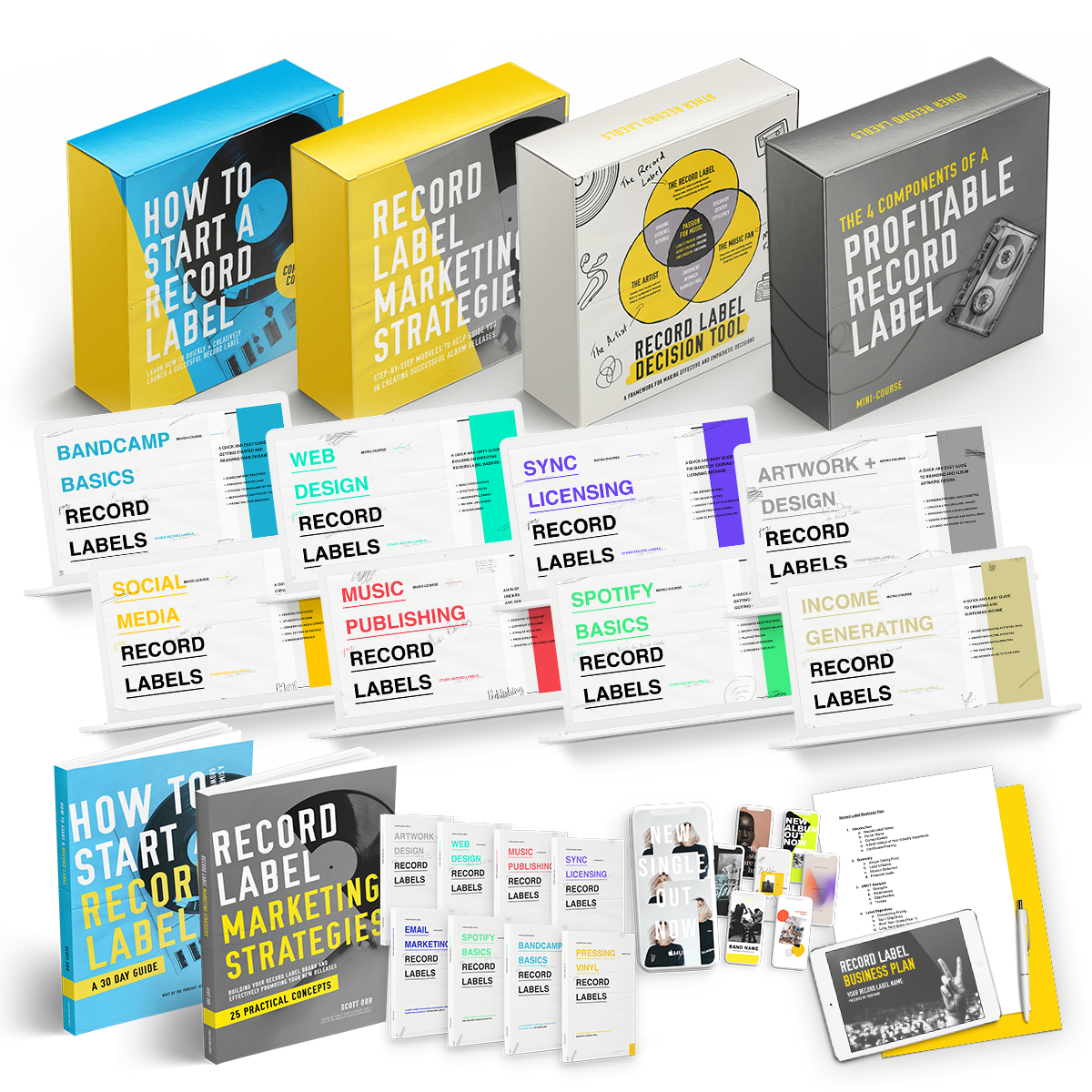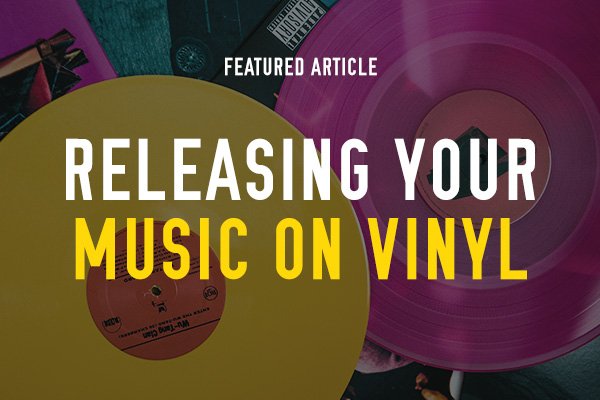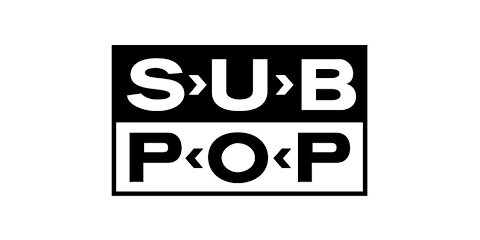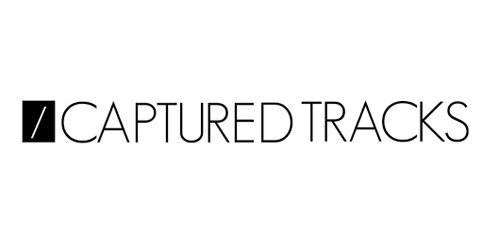
Physical Distribution
for Record Labels
A Comprehensive Guide to Physical Distribution Strategies for Record Labels
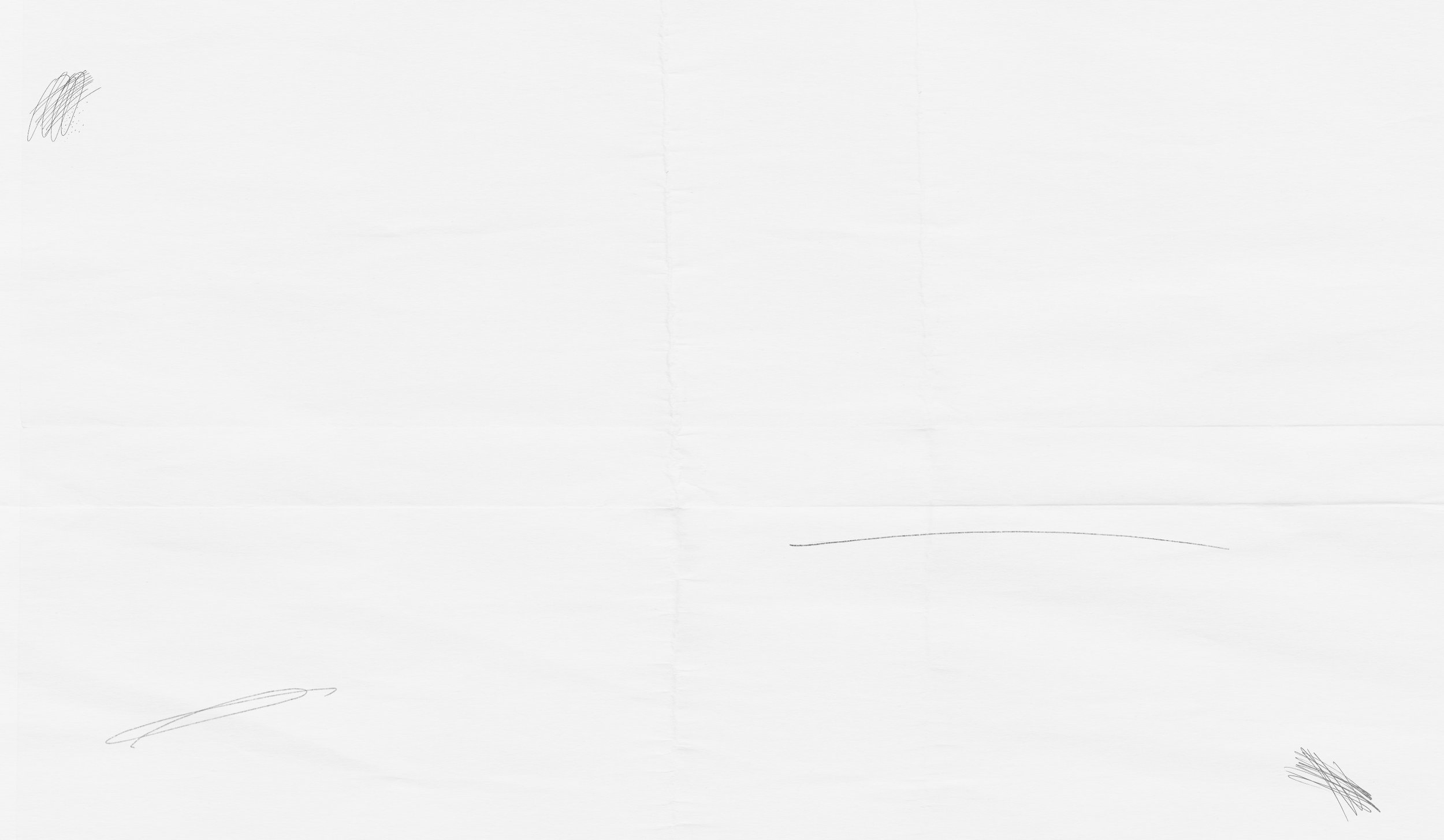
In an era dominated by digital streaming platforms and online music consumption, the significance of physical distribution for record labels might seem diminished.
However, physical media continues to hold a special place in the hearts of music enthusiasts and offers unique opportunities for artists and labels alike.
From vinyl records to CDs and even cassette tapes, physical formats provide a tangible connection between the artist, their music, and their fans. I want to shed light on the importance of physical distribution in the modern music industry and explores effective strategies that record labels can employ to maximize their reach, engage audiences, and thrive in an ever-evolving market.
Whether you're a seasoned label executive or an emerging independent artist, understanding the intricacies of physical distribution can prove instrumental in building a successful music career.
How Much Lead Time Do Physical Distributors Require?
Distributors and record labels work closely to ensure the upcoming release has the best chance to succeed. This means starting the planning process several months in advance. Distributors like to be looped in as early as 6-8 months in advance, and may require a copy of the digital album 3-4 months ahead of release day.
As I’ve mentioned in the past, there are tons of benefits to being ready for your release weeks and months before the release day!
How Do You Know When It’s Time for a Physical Distributor?
Generally a record label will already be generating sales and revenue that warrants needing a distribution partner. Meaning, do you have an established brand, track record of sales, and a solid slate of upcoming releases? These are all indicators that your label might be ready for a distribution partner.
Record labels can utilize their artists’ Spotify analytics to identify where their fans are geographically. Additionally, if an artist is embarking on a national (or international) tour, that may be an incentive for a distributor and record stores to carry their titles.
How to Get Started With Your Local Record Store?
Engaging with your local record store can be a great way to start your physical distribution journey. Additionally, you could also engage with your artists’ local record stores, if they are from a different part of the country than you.
Once you get your records in stores, the journey is not over. It is important that you encourage fans to buy your records in their local record store, tag stores on social media, and offer incentives like stickers, download codes, or even hometown-exclusive vinyl colors.
Abby from Secretly Distribution had a great quote, “The first time you pitch your music to your local record store, should not be the first time they hear from you.” Meaning, it is important that you introduce yourself to your local record store, support their events, buy a record – all before you ask them to carry your titles. Be a partner, not just a supplier.

WATCH THE INTERVIEW
With Abby Goldsmith of Secretly Distribution

RECORD LABEL
ACADEMY
Simple strategies that will help you
earn a living telling people about great music!
Physical Distribution Glossary
Physical Distribution:
The process of manufacturing, packaging, and delivering physical copies of music products, such as CDs, vinyl records, and cassette tapes, to retail stores or directly to consumers.
Retail Distribution:
The distribution of physical music products to various retail outlets, such as record stores, department stores, and online retailers, for sale to the general public.
Wholesale:
The selling of products in large quantities to retailers or distributors at a lower price, allowing them to mark up the products and sell them to consumers.
Distribution Deal:
An agreement between a record label and a distributor outlining the terms and conditions of how the label's music will be distributed to retail outlets.
Distributor:
A company or organization that specializes in the logistics of physical distribution, handling the manufacturing, warehousing, and delivery of music products to retail locations.
Supply Chain:
The sequence of processes involved in the production, distribution, and delivery of physical music products, including sourcing raw materials, manufacturing, packaging, shipping, and inventory management.
Point of Sale (POS):
The location or device where a transaction takes place, typically a cash register or an online store, where customers purchase physical music products.
Stock Keeping Unit (SKU):
A unique identifier assigned to a specific product variant or item, enabling efficient tracking and management of inventory.
Inventory Management:
The process of overseeing and controlling the quantity, location, and availability of physical music products within the supply chain and retail outlets.
Return Policy:
The guidelines and procedures established by record labels and retailers regarding the return of unsold or defective music products for credit or refund.
Consignment:
A business arrangement in which the record label supplies physical music products to a retailer, and the retailer only pays for the products once they are sold to customers. Unsold items are returned to the label.
Digital Distribution:
The process of distributing music digitally through online platforms, such as streaming services, digital music stores, and download platforms, allowing for the sale or streaming of music without the need for physical products.
Barcode:
A unique numerical code represented by a pattern of parallel lines, printed on the packaging of physical music products. Barcodes serve as a product identifier and are used for tracking sales, inventory management, and checkout processes.
MSRP (Manufacturer's Suggested Retail Price):
The recommended price set by the record label for a physical music product, which serves as a guide for retailers in determining the selling price to consumers. Retailers may choose to sell the product at the MSRP or set a different price.
Helpful Articles for Record Labels
Other Record Labels Podcast
Featuring interviews with…


